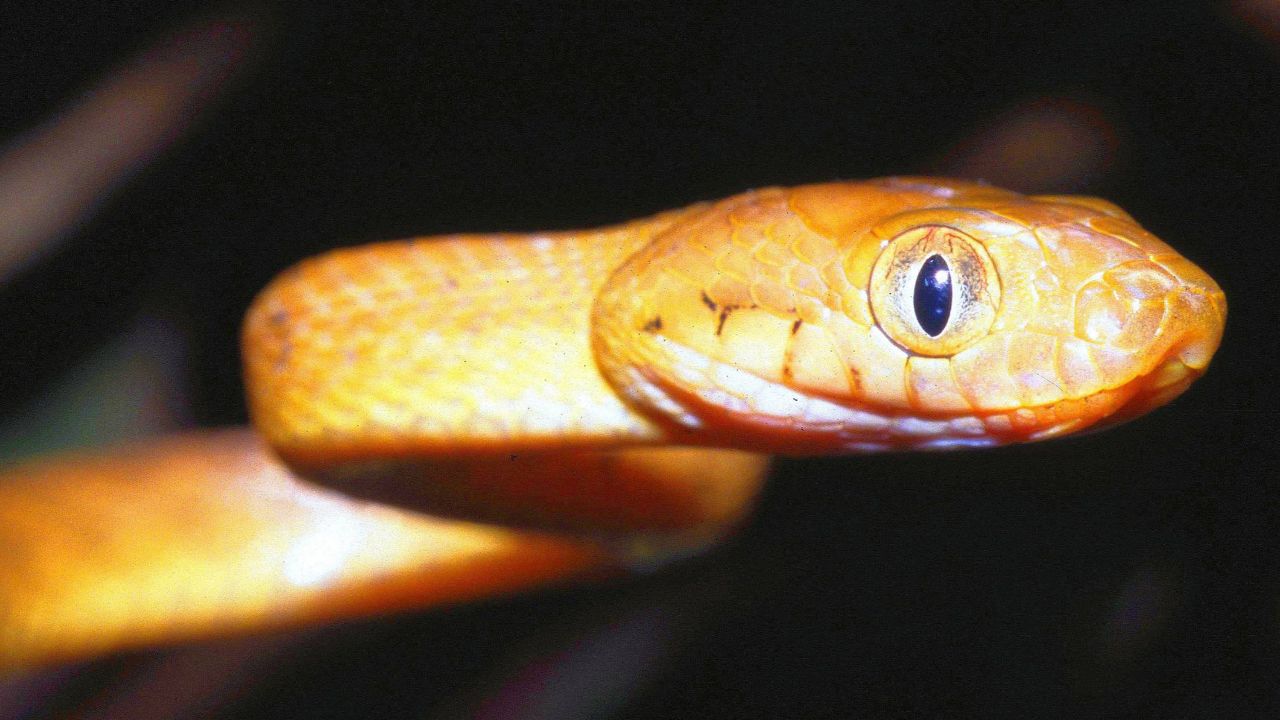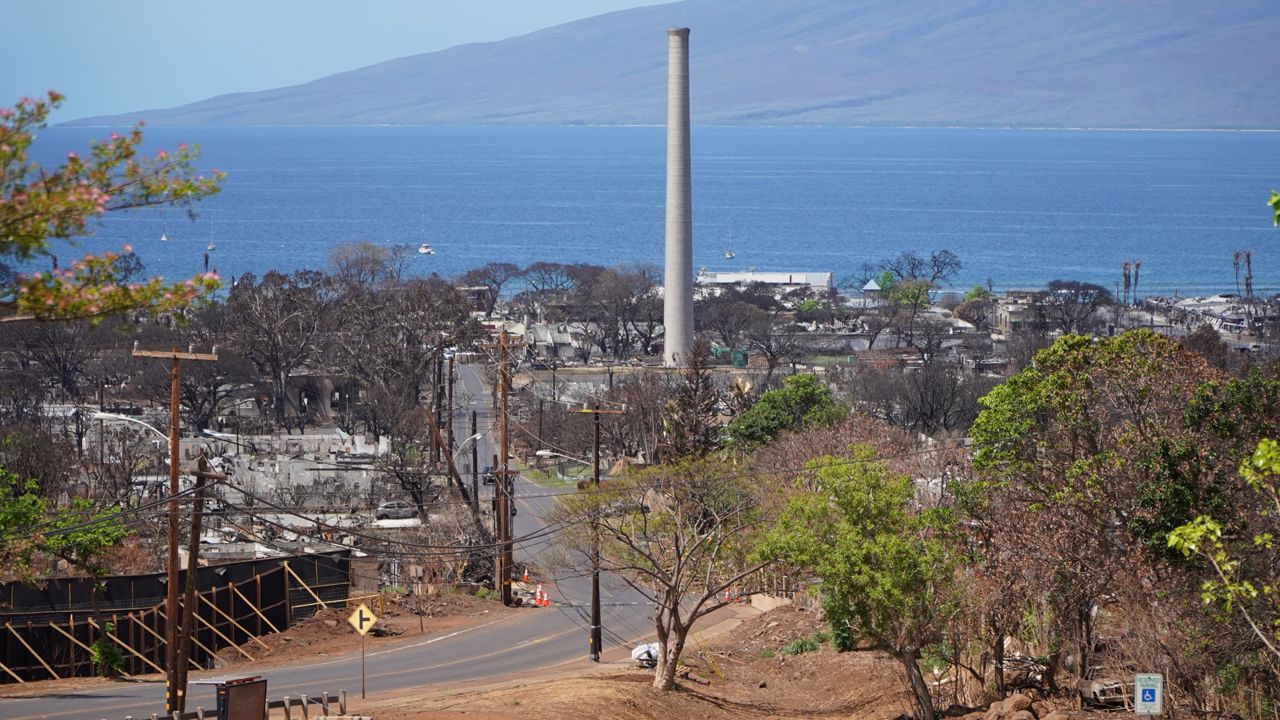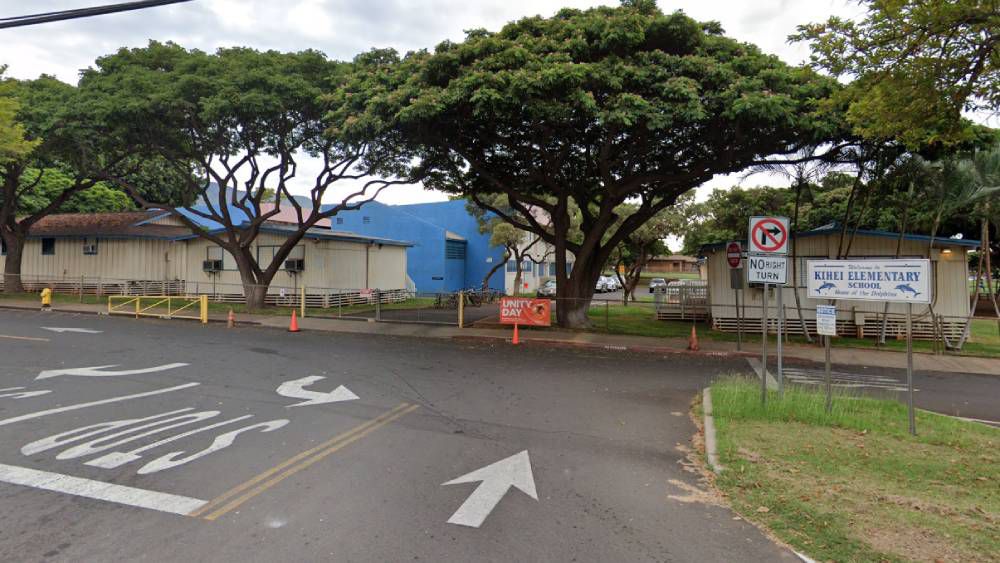U.S. Sen. Mazie Hirono is calling on Secretary of the Interior Douglas Burgum to reinstate the Department of the Interior’s Fish and Wildlife Service probationary employees fired during the recent wave of federal workforce cuts.
“The recent across-the-board firing of probationary employees at the Department of the Interior was done in haste, without foresight and will do lasting damage to communities throughout our country,” Hirono wrote in a letter to Burgum. “From Hawaii to Maine, our constituents are sounding the alarm on what these unjustifiable and short-sighted firings mean for our communities.”
Two weeks ago, the Trump administration instructed federal agencies to move ahead with mass termination of probationary workers. Such workers typically have less than two years of service and often lack the same job protections that permanent workers have.
Among the thousands of jobs eliminated in the latest wave of cuts were at least 2,300 DOI employees, including about 400 FWS workers.
Hirono said FWS employees are particularly important in protecting and preserving Hawaii’s environment and natural resources.
“Public land managers play a unique role in protecting ecosystems that impact myriad community services,” Hirono wrote. “While these services may not be well known to the general public, in Hawaii they are crystal clear as a result of being an island state.”
Hirono noted how all FWS field staff serving on Kauai were terminated, including the person responsible for controlling water flow for taro farms, which are prime habitat for endangered birds. The impact to the state’s $6 million taro industry could also be impacted as Kauai is responsible for the majority of taro produced in the state.
Hirono said half of field staff and a quarter of total staff were fired on Hawaii Island and Oahu, including a plant restoration team tasked with collecting native seed and propagating native plants for use in fire suppression and recovery efforts.
FWS cuts also included staffers responsible for preventing brown tree snakes from migrating from Guam to Hawaii, where their projected damage has been estimated at up to $1.7 billion.
“The harm these firings are having on programs we rely on is obvious,” Hirono said. “I urge you to stand up for your agency, your workers, and your mission. The costs of not doing so will far exceed any savings resulting from the termination of these positions.”
Michael Tsai covers local and state politics for Spectrum News Hawaii. He can be reached at michael.tsai@charter.com.










